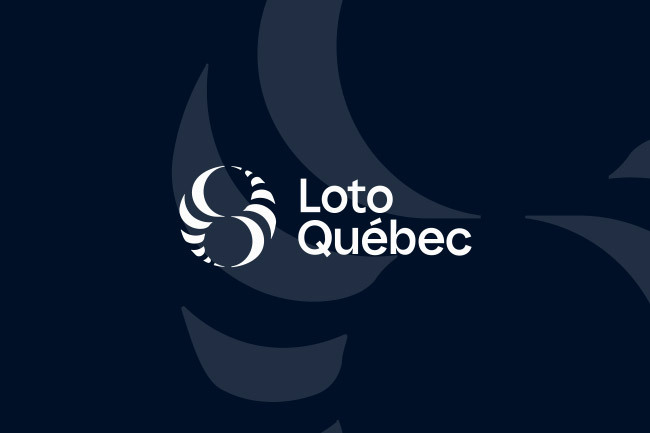Last week, the Quebec Online Gaming Coalition which lobbies for the establishment of a regulated gaming model in the province, issued a survey on Quebecers’ iGaming habits. However, the province’s only provider of legal gaming, Loto-Québec, was far from impressed with the initiative and remarked that it has not changed its stance.

QOGC was created earlier this year by private gambling companies in an attempt to convince the La Belle Province to introduce a licensed iGaming sector for third-party operators, similar to the one in Ontario. Group members are leading brands such as Betway, Bet99, DraftKings, Flutter Entertainment, Entain, Rush Street Interactive and Apricot.
Response Was Quick

Conducted by Mainstreet Research, the survey was used by QOGC to back its case for a regulated iGaming sector in Quebec. It discovered that almost 3 out of 4 local players or 73% prefer privately-operated iGaming platforms when playing online casino games or wager on sports and featured answers from 1010 residents who indulge in digital gambling.
However, Loto-Québec was not impressed with the effort. A spokesperson for the Crown agency Renaud Dugas commented that members of the coalition who want to promote responsible gambling and the establishment of a regulated iGaming framework, currently offer online casino games illegally to locals. In his words, this raises serious doubts about their intentions.
He also used the occasion to remind players and private operators about the province’s current rules. At the moment, Loto-Québec is still the only legal operator for gambling and the only organization that can offer 100% regulated online casino and sports betting offerings in the province. Everything else is part of the grey market scene.
Meanwhile, Nathalie Bergeron, the QOGC spokesperson, said the numbers suggest that the Crown’s monopoly only exists in theory and its latest assessment of the sector did not reflect reality. She added that the province must consider Quebecers’ online habits and choices when playing online and establish a proper regulatory regime to protect players who play on private platforms.
She added that Quebecers have an appeal for private operators and despite the current restrictions, they will always find a way to go around the rules and play with them. Ms. Bergeron noted that Ontario is an example of where all parties will benefit from the model, and that data from the survey shows why Quebec should pay attention to the recent findings.
Pro Sports Leagues Also Support the Notion
In the meantime, sports leagues are also lobbying for a private gaming sector in Quebec. The Canadian Football League, Major League Soccer, and the National Basketball Association have also declared their support for the initiative. These leagues also reckon that it would protect the integrity of the competitions while also promoting responsible play.



















